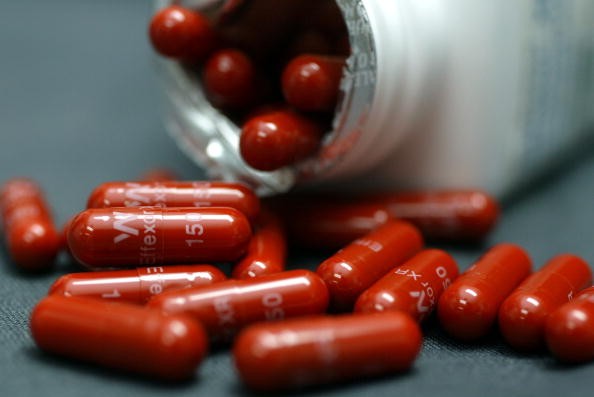
A reanalysis of the old raw data of GlaxoSmithKline's (GSK) Study 329 showed that not only is the drug Paxil (paroxetine) ineffective but it is also unsafe for teens and children due to the risk of suicide.
The reanalysis is carried out under the Restoring Invisible and Abandoned Trials (RIAT) initiative by the BMJ. This project is meant to encourage transparency and make their clinical data available for scrutiny to help doctors and patients make more accurate decisions.
This new analysis was conducted by researchers led by University of Adelaide professor Jon Jureidini. Prof Juredini, along with Ann Tonkin, had once called for the retraction of the original paper in 2003, citing serious concerns over the safety of the drug.
The Study 329 was funded by GSK and headed by Brown University's Martin Keller. At least 270 young people between the ages of 12 to 18 who had been diagnosed with major depression participated in a double-blind randomized clinical trial. During the course of 8 weeks, they took either paroxetine or imipramine (which is sold in the United States as Tofranil), as well as a placebo. The results were then later published in Journal of the American Academy of Child and Adolescent Psychiatry (JAACAP).
According to the reanalysis, neither imipramine nor paroxetine had showed significant efficacy over the placebo. However, there was increased risk of suicidal thoughts and behaviors among those who took paroxetine and cardiovascular problems among the ones with imipramine.
Further, in a feature published in the BMJ on Wednesday, Sept 16, the journal's associate editor Peter Doshi points out "financial conflicts of interests" among the authors of the original paper and "editorial assistance." He alleged that the first study, which had more than 20 authors, was not written by any of them but by a GSK hired medical writer.
The same paper also cites a 2002 review of the US Food and Drug Administration (FDA), which categorizes the trial as a failure. Yet in the same year, no less than 2 million of these antidepressants were prescribed to children and teens as off-label, according to New York's office of the attorney general, which sued GSK. In 2012, GSK was slapped with a $3 billion fine for fraudulent marketing of the antidepressant.
Responding to the new findings, GSK mentioned they had actually sent the papers over to the team in March but didn't get any reply. (For this reanalysis, the team allegedly asked GSK if they wanted to do the reanalysis themselves, but they declined. However, the company published more than 70,000 pages of data on a website.) Moreover, they believe they have shown their transparency by giving them access to the data, whether the new outcome is going to be negative or positive. JACAAP, meanwhile, has not withdrawn the study and clarifies that the opinions and statements in the articles found on the website are of the authors'.



